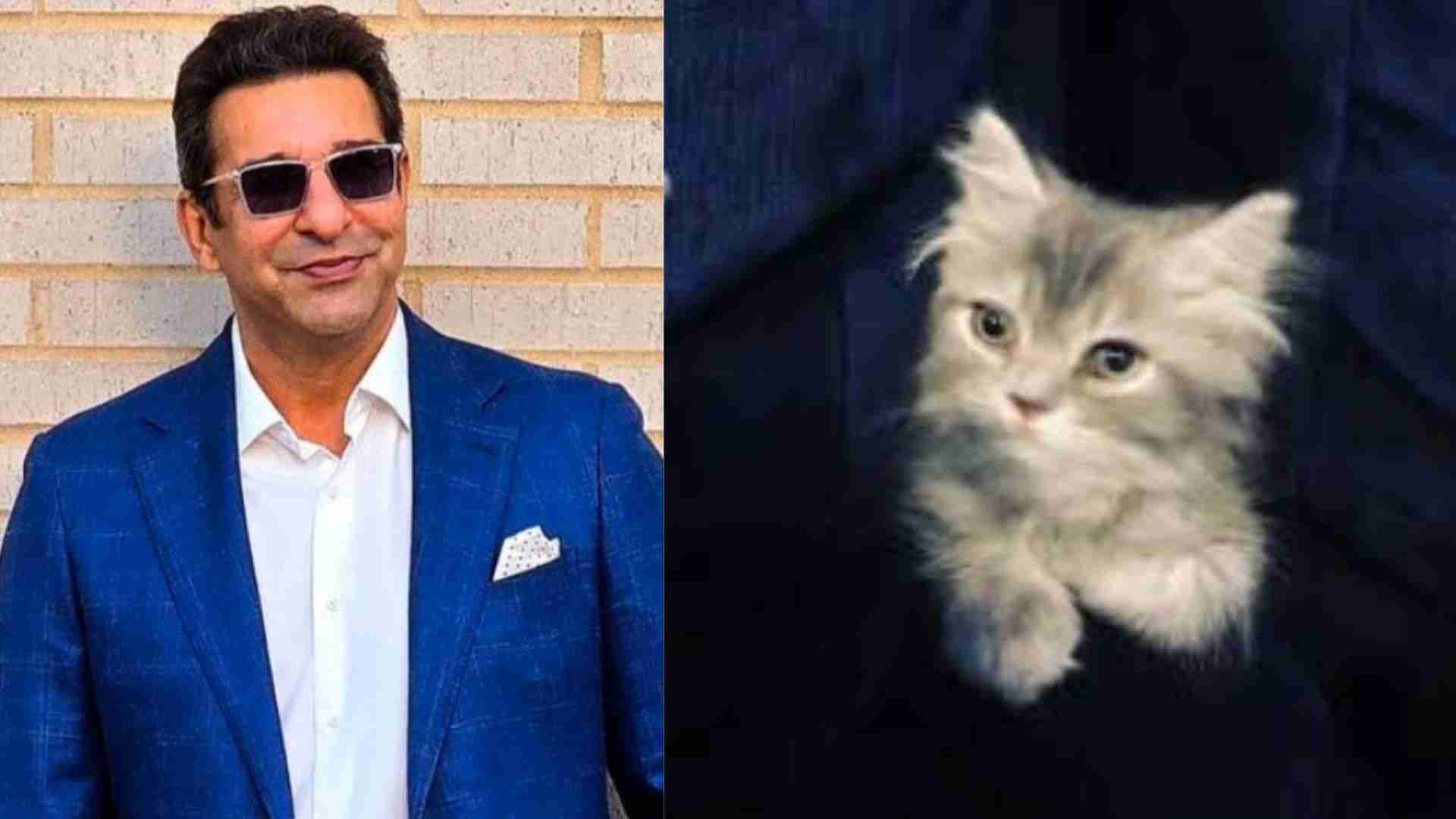
We live in an era where “finding your passion” has almost become a religion. According to a popular adage, “Do what you love, and you’ll never work another day in your life.” We are assailed with anecdotes about creators, startup founders, and popular icons who seem to be living the dream, for whom work seems like unending play. We read about how Warren Buffett ‘tap-dances to work’ every morning, and we wonder how we can get there.
Unfortunately, this whirl of noise leaves many questions unanswered. What if you are so busy paying bills and supporting your family that you have no time or mind-space to ‘find your passion’? What if you are actually doing what you love but are stuck with bad bosses, poor remuneration, or repeated rejections? If doing what you love is all that it is touted to be, why do entrepreneurs pursuing their dream ideas often feel broken, burnt out, disheartened, almost driven to suicide? What if doing what you love always involves tasks that, to quote Elon Musk, “you might not wish to do, that are not intrinsically interesting to you”?
There is undoubtedly great satisfaction in doing work that moves you deeply. My own journey of unlocking my creativity and pursuing writing has been a very fulfilling one. However, it is increasingly obvious to me that the way popular culture eulogises “following your passion” sets most people up for disillusionment.
There is a lot of focus on attempting to find and do what we love, but not enough focus on loving what we do.A lot of our energy is spent on dabbling, exploring, and trying to find something that excites us and gives us a new high, almost like a dopamine fix. This gives rise to the illusion that there is a promised land out there that will magically take us away from the woes of the present, including bad bosses, stiff targets, or boring nitty-gritty work. The search for our passion becomes a mechanism to escape the present.
The problem with this “dopamine-driven” quest is that it is accompanied by minimal staying power. We enrol in art classes, only to drop out when we get busy. We start trekking or mountaineering but find the demands of the fitness regimen untenable. We try to learn an instrument, only to drop out when we are unable to put in the hours of practice.
There is merit in exploring and seeking exposure to varied experiences. In my own journey, I tried my hand at various creative activities before I found my groove in writing. This process of “diverging” is key to discovering our strengths. But ‘converging’ is also important to achieve true mastery in your chosen field. Otherwise, to quote author Po Bronson, we are no different from a tourist taking a superficial bus tour.
It is this deeper satisfaction that comes from ‘converging’ and embarking on the road to mastery that is key to ‘tap-dancing to work’. This converging process almost always involves serious trade-offs, frustration, and setbacks.
The same entrepreneur who tap-dances to work also contends with deep uncertainties and challenges that threaten to derail his or her dream. The film-maker or actor who obsessively seeks excellence, a la Martin Scorsese or Al Pacino, also contends with creative frustration and uncertainty. My fellow writers can attest to the numerous re-writes and edits before a work of fiction is finally published.
For a musician, performing on stage is an undoubtedly electrifying experience, a “high.” Yet, it involves tedious, back-breaking effort. The immortal notes of Pandit Jasraj were underpinned by hours of daily practice, or Riyaaz. In my investing career too, I have seen that real rewards are only reaped by those that can endure the gut-churning volatility of the markets.
This state of mind, that is conducive to going deep and achieving mastery in the field of our passion, requires grit and staying power. It requires us to contend with serious trade-offs, including financial ones, often accompanied by little or no validation. Elon Musk was once asked what words of encouragement he would offer to an entrepreneur. He replied, “If you need encouragement, don’t become an entrepreneur.”
But there are rewards for those who manage to persist and stay the course. So do try to find your passion, by all means, but be realistic about what you will encounter when you do find it. You will be able to tap-dance to work, but you will also have to, to quote Elon Musk, “eat glass and stare into the abyss”.
S. Venkatesh is the bestselling author of AgniBaan and KaalKoot, a leadership coach and an investor who has held key positions with JP Morgan, Credit Suisse, and Macquarie. He writes about mindfulness and its link to creativity, business, and wealth.















